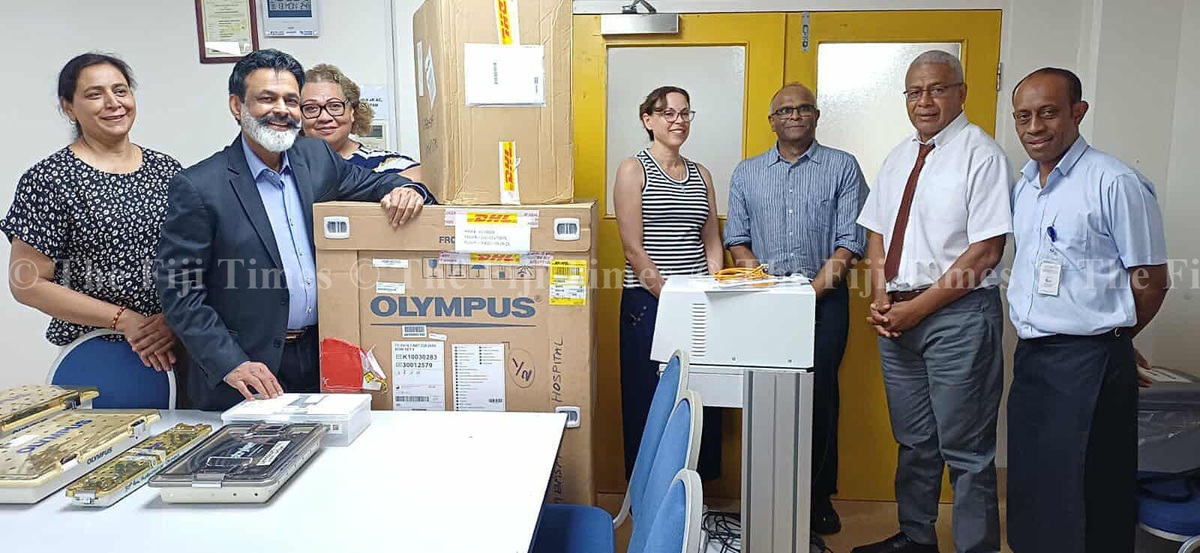The revelation that those at the highest risk of developing cervical cancer are still not coming forward for screening is a major concern.
It is frightening to consider that many women may be living with precancerous or even cancerous conditions without knowing it.
For those already affected, this is a matter of life and death.
What is alarming is that we still don’t have a clear idea of just how many women out there are suffering in silence, either unwilling to come forward for various reasons, or simply too scared to do so.
Labasa Hospital gynaecologist, Dr Viliame Nasila says they are seeing the same group of women come in for pap smear tests repeatedly, while those at higher risk remain unreached. Despite the availability of pap smear services in health facilities across the country, it is the same health-conscious group who continue to attend regular screenings.
That, in itself, is a good thing. But the real challenge lies in encouraging other women, especially those who have never been tested, to come forward.
“If there’s one message we’d like to send to women, it’s this: go for pap smear screening,” Dr Nasila says.
He explains that pap smears are not designed to detect cancer itself, but to identify early, precancerous changes in the cervix, changes that, if left untreated, can develop into cervical cancer.
This is why early detection is vital. It gives women the best chance to seek treatment before it’s too late.
“That’s why we advocate for regular pap smear screenings, to give women the chance to treat abnormal cells before they become cancerous,” he said.
Last year, Labasa Hospital recorded 19 new cervical cancer cases. Most of these were diagnosed at an advanced stage, when treatment becomes more complex and outcomes far less certain.
The youngest patient was just 28 years old, the oldest in her 60s. It’s heartbreaking to know that many of these cases could have been prevented through early testing.
To address these challenges, health officials are now expanding screening options through the introduction of HPV self-testing. The new service, already rolled out in Macuata and Savusavu and soon to be launched in Taveuni, is designed to reach women who may not feel comfortable undergoing traditional pap smear procedures.
This is a positive step forward. It recognises that awareness alone isn’t enough. Accessibility, privacy, and comfort all play a role in encouraging women to get tested. Services must be approachable, community-supported, and family-endorsed.
But to truly make a difference, we need more than services. We need conversations. We must talk about the reasons women hesitate to come forward. Fear of the test, fear of a positive result, fear of stigma, and even fatalistic beliefs about cancer all contribute to the silence.
Breaking that silence will not be easy. But it is necessary. The message must be clear: early detection saves lives. A positive result may not be a death sentence. It could be a second chance.
Communities, families, churches, women’s groups, and health professionals must join forces to remove the stigma, build trust, and normalise cervical screening as part of women’s regular healthcare.
The challenge before us is to empower women with knowledge, reassure them with compassion, and support them with accessible care. We must encourage them to take that brave step forward.



